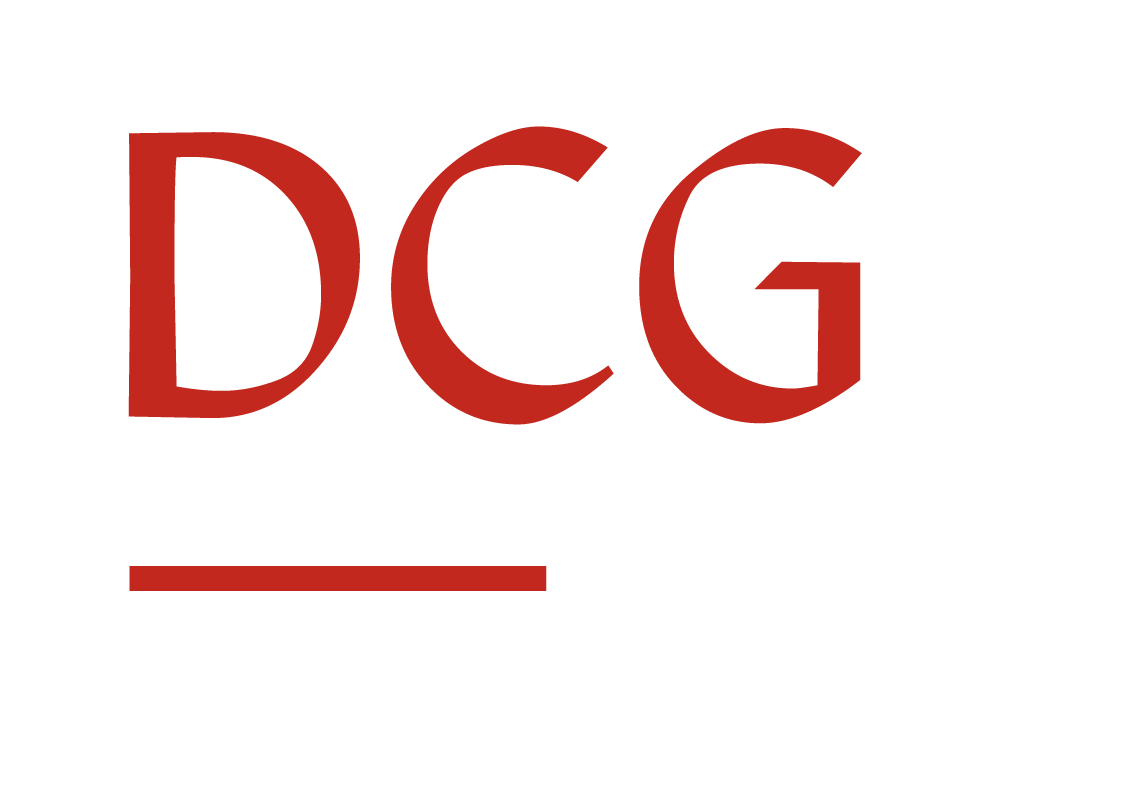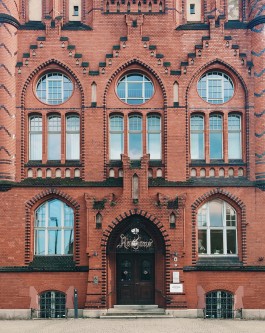


Germany is rated by international students as best option to study abroad among the European countries. Germany is ranked first ahead of the United Kingdom and France.
International students have evaluated studying abroad in three categories: Quality of education (45%), cost of living (30%) and quality of life as well as the possibilities of getting into a job after successfully finishing their studies (25%). (Study.EU Country Ranking 2018, In: www.study.eu)

The German education system is respected globally and is highly acknowledged. German universities and universities of applied sciences are ranked on top positions internationally; some universities are among the best of the world.
Around 100 million people speak German as their native language, making German to one of the mostly spoken language in Europe. Because of the stable economic growth and especially through the increasing activities of German companies abroad, the German language is gaining even more importance in international markets.
Germany is experiencing a growing economy for many years. German companies have a high degree of internationality and are represented in almost all countries.
The number of international students is growing continuously. This increases a culture of intercultural exchange and offers the possibility of a worldwide network of Alumni.
The high academic standards within the offered study courses and very good, structured study programmes enable an effective study within the standard period of study.
The cost of living in Germany (approx. EUR 937 / month) is low compared to other Western European countries. Thereby, it needs to be differentiated between big and smaller cities. For example, the cost of rent is relatively low in smaller cities, but the quality of housing has a good standard
In international comparison the German health care system is very good. Each student in Germany is obligated to have a health insurance. This means, every student has access to the health care system.
Germany has a very complex and interesting history. There are many historic centres with century-old buildings. Numerous of them have been restored. Public buildings like churches can be visited mostly free of charge. There are various museums and cultural events throughout the year.
As non-EU citizen students receive a visa for the Schengen area. Through this it is possible to travel around all EU countries that belong to the Schengen area without applying for another visa.
Those who successfully complete their studies in Germany can apply for a residence permit for up to 18 months to look for a job for qualified professionals.

The German education system
German universities combine centuries-old traditions with modern technologies and are open to everyone who is fulfilling the prerequisites. The most relevant fundamental principle of the German university system is academic freedom, which is also guaranteed in the German constitution. With more than 360 higher education institutions across the country, Germany has a density of universities that is practically unequalled around the world.
Germany is one of the few countries in which it is possible to obtain an Academic Degree at two different kinds of institutions. Germany has universities and universities of applied sciences. The main difference between the two is their focus and therewith-related network. Universities primarily focus on research and to (further) develop scientific theory. The network they are active in is predominantly of academic nature. Universities of applied sciences on the other hand have a more practical focus. They are teaching job-relevant content application oriented and act in a network with industry and companies.
Both, universities and universities of applied sciences are issuing Bachelor and master’s degrees and offer the possibilities for Doctoral studies afterwards (universities of applied sciences).
1 Berlin Dome, © Julia Solonina
2 Road, © Marc Kleen
3 Berlin TV Tower, © HealthyMond
4 City Hall, © Pavel Nekoranec
5 Berlin Government District, © Marc Kleen
6 Bikes, © Marc Kleen






Germany is rated by international students as best option to study abroad among the European countries. Germany is ranked first ahead of the United Kingdom and France.
International students have evaluated studying abroad in three categories: Quality of education (45%), cost of living (30%) and quality of life as well as the possibilities of getting into a job after successfully finishing their studies (25%). (Study.EU Country Ranking 2018, In: www.study.eu)

The German education system is respected globally and is highly acknowledged. German universities and universities of applied sciences are ranked on top positions internationally; some universities are among the best of the world.
Around 100 million people speak German as their native language, making German to one of the mostly spoken language in Europe. Because of the stable economic growth and especially through the increasing activities of German companies abroad, the German language is gaining even more importance in international markets.
Germany is experiencing a growing economy for many years. German companies have a high degree of internationality and are represented in almost all countries.
The number of international students is growing continuously. This increases a culture of intercultural exchange and offers the possibility of a worldwide network of Alumni.
The high academic standards within the offered study courses and very good, structured study programmes enable an effective study within the standard period of study.
The cost of living in Germany (approx. EUR 937 / month) is low compared to other Western European countries. Thereby, it needs to be differentiated between big and smaller cities. For example, the cost of rent is relatively low in smaller cities, but the quality of housing has a good standard
In international comparison the German health care system is very good. Each student in Germany is obligated to have a health insurance. This means, every student has access to the health care system.
Germany has a very complex and interesting history. There are many historic centres with century-old buildings. Numerous of them have been restored. Public buildings like churches can be visited mostly free of charge. There are various museums and cultural events throughout the year.
As non-EU citizen students receive a visa for the Schengen area. Through this it is possible to travel around all EU countries that belong to the Schengen area without applying for another visa.
Those who successfully complete their studies in Germany can apply for a residence permit for up to 18 months to look for a job for qualified professionals.

The German education system
German universities combine centuries-old traditions with modern technologies and are open to everyone who is fulfilling the prerequisites. The most relevant fundamental principle of the German university system is academic freedom, which is also guaranteed in the German constitution. With more than 360 higher education institutions across the country, Germany has a density of universities that is practically unequalled around the world.
Germany is one of the few countries in which it is possible to obtain an Academic Degree at two different kinds of institutions. Germany has universities and universities of applied sciences. The main difference between the two is their focus and therewith-related network. Universities primarily focus on research and to (further) develop scientific theory. The network they are active in is predominantly of academic nature. Universities of applied sciences on the other hand have a more practical focus. They are teaching job-relevant content application oriented and act in a network with industry and companies.
Both, universities and universities of applied sciences are issuing Bachelor and master’s degrees and offer the possibilities for Doctoral studies afterwards (universities of applied sciences).
1 Berlin Dome, © Julia Solonina
2 Road, © Marc Kleen
3 Berlin TV Tower, © HealthyMond
4 City Hall, © Pavel Nekoranec
5 Berlin Government District, © Marc Kleen
6 Bikes, © Marc Kleen









